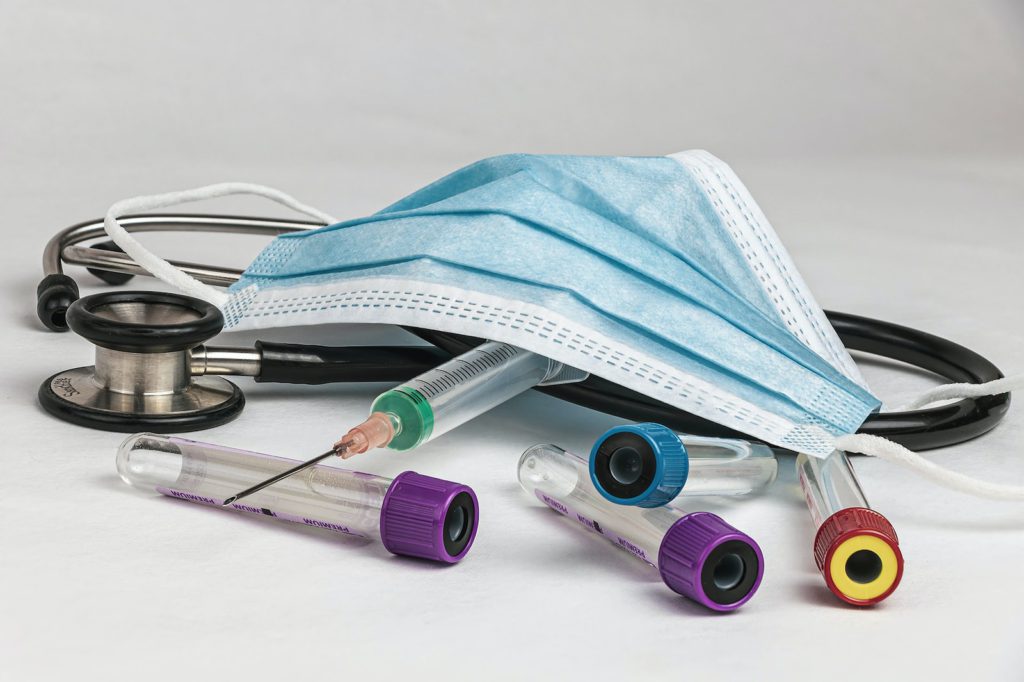
Caring for a loved one after spinal surgery
Understanding what to expect when caring for a loved one after spinal surgery can be hugely beneficial. Spinal surgery can be complicated and the prospect of a loved one or family member having spinal surgery can be a distressing.
Apart from physical and emotional preparation, there is also the physical and emotional response to the surgery itself, whether it be minimally invasive discectomy or more complex procedures. Spinal surgery can be difficult not only for the patients themselves but also their families to come to terms with. If you or a family member has plans to pursue spinal surgery, make sure to take the time to research and prepare for the experience. There is information to know about the treatment, expectation after surgery and the recovery process. As a family member or carer, you may be an important part of the process.
Here are some basic starting points for those carers looking to educate themselves on the process:
1) The internet can be a useful resource when doing the due diligence before surgery
If you are unsure where to start when concerned about surgery preparation, Google may be the appropriate next step for you; but be wary: not all sites are built the same, and accurate information in this circumstance is essential. It is important to choose reliable medical sites. Always ask your consultant for advice.
2) Attend appointments
During an appointment, patients remember between 30 – 50 percent of verbal information they are given about their surgery, this is most probably due to stress and anxiety. By accompanying your loved one and taking notes during visits to the surgeon may later prove a big help to you and the patient. We also recommend that you bring a list of questions that you may have; the average patient only asks about four questions over a 15-minute meeting with the surgeon, and still feels as if s/he has not received enough information. Your questions may allow your loved one to develop a stronger understanding of the situation.
3) Support groups
There are support groups for all kinds of spinal surgery, and sometimes connecting with someone who went through the same situation can be the most helpful post-surgical psychological decision. If you, as a non-patient, are feeling stressed by the responsibilities you have taken on, then there are support groups out there for you, too. These groups require little effort to join and can help you through your darker moments. Coping with or finding relief from your pain through support groups can be the most uplifting aspect of your surgical journey if you allow it to be. Facebook has several closed groups available on different kinds of spinal surgery. Closed Facebook groups are engagement groups that are closed to the public and admittance is based on requests to join or by invitation. The point of many closed groups on Facebook is to bring together a group of like-minded individuals where you can talk openly about how you are feeling or ask questions.
Spinal surgery can be a distressing prospect. Following postoperative instructions carefully, asking the right questions, and being an educated consumer are all keys to a successful experience.
This article is intended to inform and give insight but not treat, diagnose or replace the advice of a doctor. Always seek medical advice with any questions regarding a medical condition.






0 Comments